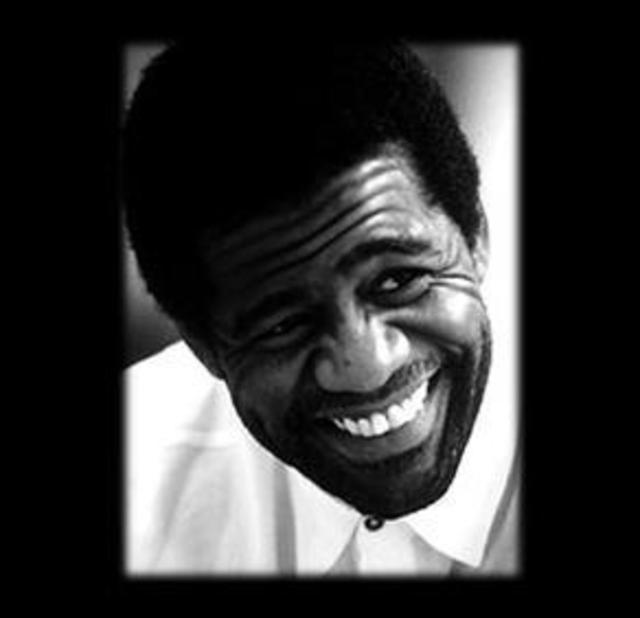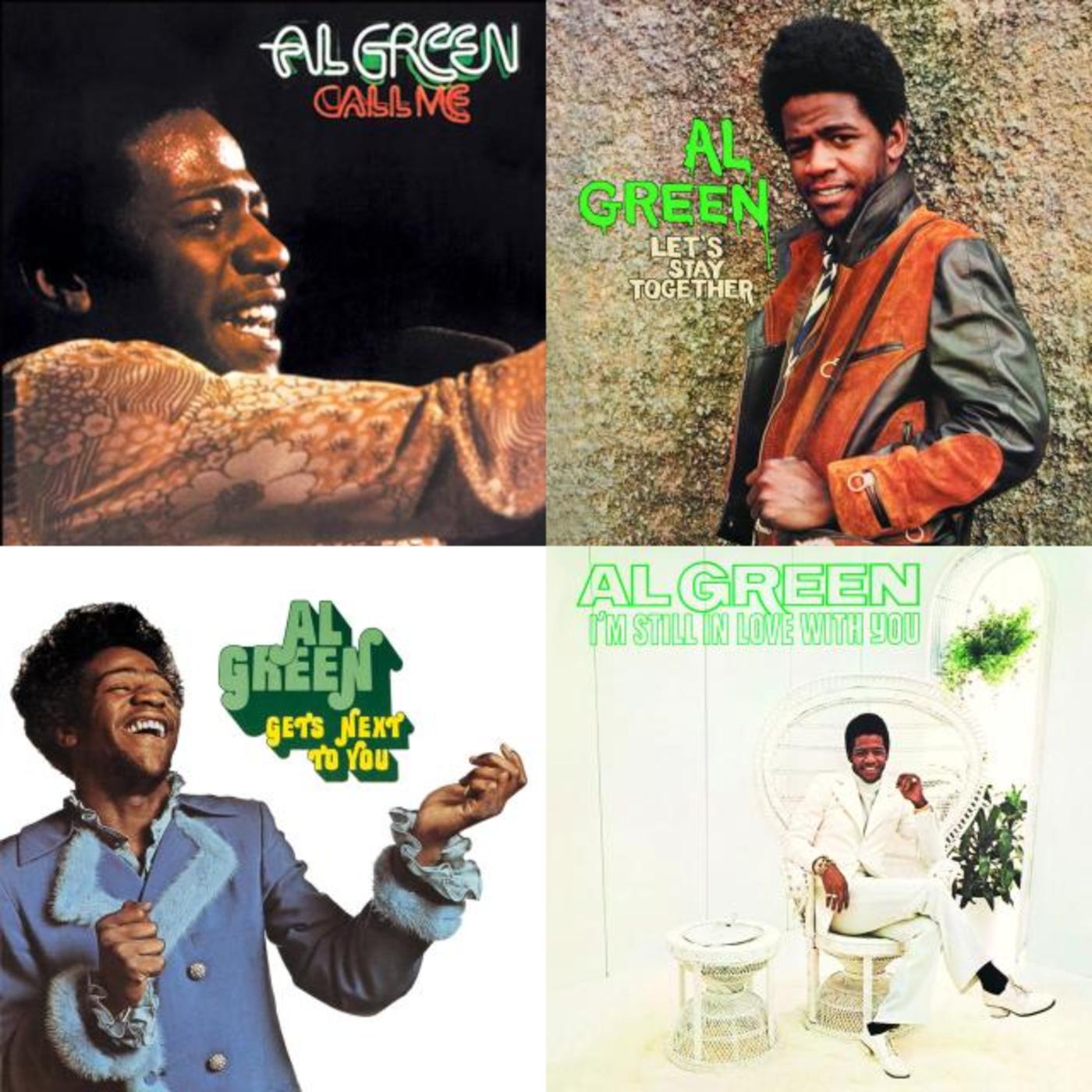Al Green

Inductee: Al Green (vocals, guitar; born April 13, 1946)With his incomparable voice, full of falsetto swoops and nuanced turns of phrase, Al Green rose to prominence in the Seventies. One of the most gifted purveyors of soul music, Green has sold more than 20 million records. During 1972 and 1973, he placed six consecutive singles in the Top 10: "Let's Stay Together," "Look What You Done for Me," "I'm Still in Love With You," "You Ought to Be With Me," "Call Me" and "Here I Am (Come and Take Me)." "Let's Stay Together" topped the pop chart for one week and the R&B charts for nine; it was also revived with great success by Tina Turner in 1984. In terms of popularity and artistry, Green was the top male soul singer in the world, voluntarily ending his reign with a move from secular to gospel music in 1979.Beyond his chart-making abilities, Green set a new standard for soul music and essentially created a new kind of soul – one that combined the gritty, down-home sensibility of the Memphis based Stax-Volt sound with the polished, sweeter delivery of Motown. Over a fat, funky bottom, Green's subtle and inventive voice would soar into falsetto range with beguiling ease. His finest recordings showcase a penchant for jazzy filigree and soulful possession rivaled by the likes of Marvin Gaye and Aretha Franklin. They also are the products of teamwork, as Green benefited immensely from a longstanding association with producer Willie Mitchell and the house band at Hi Records.Green was born on an Arkansas farm in 1946 and grew up in Grand Rapids, Michigan. He sang gospel with the Greene Brothers, a family quartet, and belonged to the Creations and the Soul Mates in the Sixties. In 1967, Al Green and the Soul Mates had a Number Five R&B hit with "Back Up Train." In terms of influences, "I was raised on the sound of Sam Cooke and the Soul Stirrers," Green has said. A fateful crossing of paths between Green and Willie Mitchell in Texas, where both were performing, resulted in Green's signing to Memphis-based Hi Records in 1969. Mitchell produced Green's recordings and co-wrote material with him for the next eight years. It was a fruitful association that yielded high-quality albums (such as I'm Still in Love With You and Call Me), as well as 13 Top 40 hits that helped keep the sound of soul pure and alive in the Seventies.Mitchell cut Green's groove-oriented records at his Royal Recording Studio, a converted movie theater in downtown Memphis. Essential components of Green and Mitchell's mix of silky ballads and bouncy funk included the Hi Records studio band: guitarist Mabon "Teenie" Hodges, bassist Leroy Hodges, keyboardist Charles Hodges and drummer Howard Grimes. In addition, drummer Al Jackson (of Booker T. and the M.G.'s) co-wrote and played on many of Green's biggest hits. Strings, horns and backup singers added to the intricate tapestry. But it was Green's light, skillful touch as a vocalist that made it all work so well.Green's breakthrough came in 1971 with "Tired of Being Alone" (Number Seven R&B, Number 11 pop). A slew of hits followed, keeping Green in the Top 40 (and often the Top 10) through 1976. His consistent quality and flawless phrasing prompted music critic Robert Christgau to pronounce him among "the half dozen prime geniuses of soul." His peak work as an R&B master is contained on a string of hit-filled albums released in the early Seventies: Al Green Gets Next to You (1971), I'm Still In Love With You (1972), Let's Stay Together (1972), Call Me (1973) and Livin' for You (1973).With The Belle Album (1977), Green made an overt turn toward religious themes. The album was self-produced, as Mitchell amicably parted ways with Green over his turn to gospel. The 12th album of his career, it was "the most important release of my life," according to Green in his autobiography, Take Me to the River. He elaborated: "God had called me to a higher place, turned me away from earthly to heavenly love, and while it hurt to say it, I had to leave the sensual for the spiritual."During the Eighties, Green recorded inspirational music for the Myrrh label while serving as pastor at a church he founded. The Nineties found him returning to his soul roots from time to time, yet to this day he remains primarily a singer and preacher of the gospel. On most Sundays, Green occupies the pulpit at Full Gospel Tabernacle Church on Hale Road in Memphis. The public is welcome to witness Green's sermons, which are no less full of fire and feeling than the flood of singles that set the standard for soul in the Seventies.

